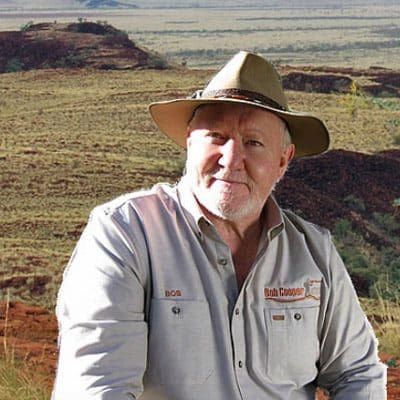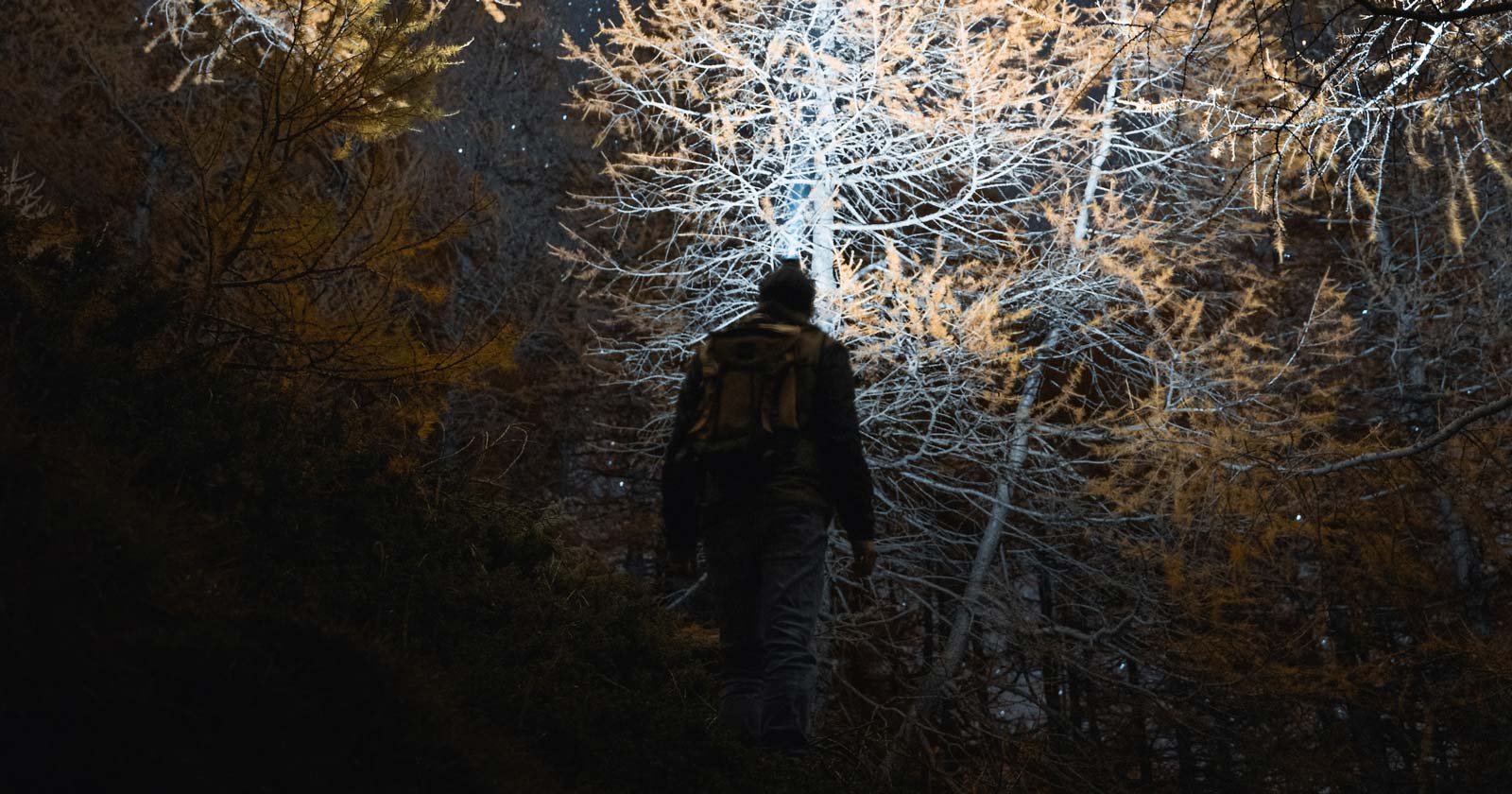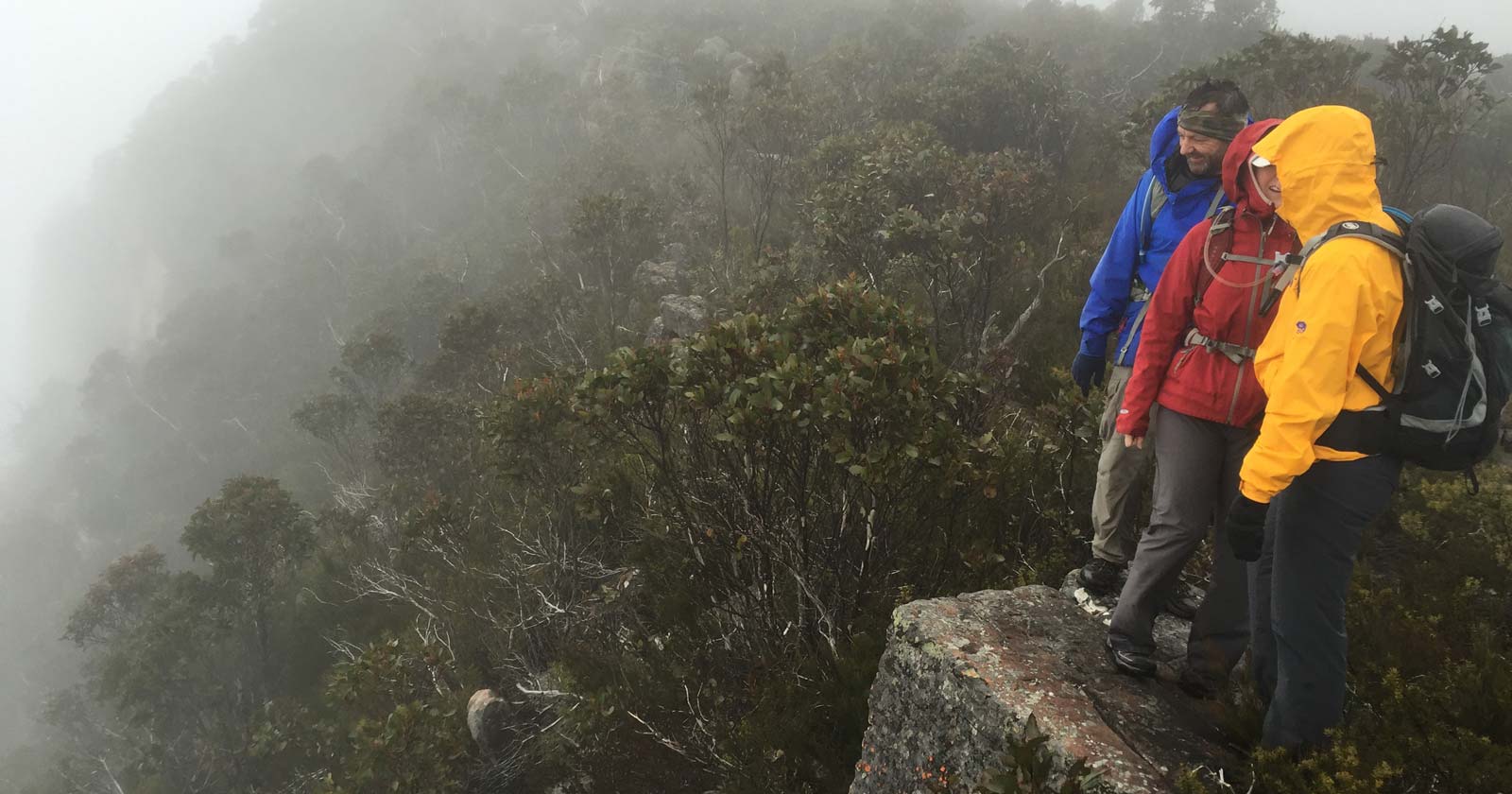Increase your chance of survival
Water, warmth, signals, shelter and food are the top 5 priorities in a survival situation, according to survival expert Bob Cooper. Regardless of where you are in the wilderness, water is your most valuable commodity. If you have a good supply of water and you get lost or stranded, you’ve massively increased your chances of surviving long enough to be found by search teams, or to make it out alive on your own. If you don’t have water, you are going to need to find some, fast.
A few quick water facts
- Humans are over 60% water
- We don’t make water – we need a water supply plus electrolytes
- We lose water through perspiration, respiration and urination – the more of that we do – the more we need to replace, otherwise dehydration sets in
- Drink, if you’re thirsty – yes, many conditioning factors for individuals but we all need water. Be aware we are already 2-3% dehydrated when thirsty – it is a symptom not a sign
- Check the colour and frequency of urine, cease urinating or it’s brown in colour you’re dehydrated.
How much water do we need?
Normally humans should consume 1 litre per 25kgs of body weight per day, including loss from respiration (we breathe out about 0.8 of a litre per day). The loss of 2 litres of water depletes our rational thinking by 25%
Water needs to be consumed at 250 mills every time you need to drink, that will hydrate your body’s organs including your brain.
Sipping water does not prevent dehydration
Years ago in South Australia, a female doctor from Austria was found dead trying to walk for help, she died of dehydration. She only drank 300ml from her 2 litre supply (1.7 litres still in the bottle next to her dead body) a tragic result of sipping water.
If you keep sipping at a rate less than you are expiring, you will end up suffering from dehydration. Keep sipping and you will suffer mentally from dehydration dementia, as well physical depletion of our fine motor skills ability.
Wise words of Dr Nigel Taylor Associate Professor of University of Wollongong heat related illness specialist: “Every drop we lose needs to be replaced, otherwise you’re dehydrating”.
How much do we lose through perspiration?
We sweat to cool ourselves down (perspiration). No sweat – no cooling. This causes our blood temperature to rise, resulting in heat exhaustion. So just how much do we lose through sweating and how quickly can this happen?
Survival expert Bob Cooper put this to the test in a BBC documentary series ‘Extremes’. The presenter, Ken Bradshaw (an extreme big wave rider), was placed on an exercise bike in a heat chamber at the University of Wollongong. Ken was required to peddle consistently to simulate fast walking in forty degree heat.
Ken was weighed every 10 minutes and his core temperature monitored. He lost one litre of body water every thirty minutes. In these conditions, he (or any of us) would have to drink one litre every thirty minutes to prevent dehydration.
Can we drink too much water?
“Deaths on the trail from overhydration are arguably more common than deaths from dehydration”.
By anonymous writer.
I asked Bob Cooper for his thoughts on this.
“In over 40 years of teaching ‘Outback Survival’ in WA, deaths by dehydration are many. I know of zero by over drinking – except in drowning. Over drinking can result in Hyponatremia” says outback survival expert Bob Cooper.
What is Hyponatremia?
“Hyponatremia is a condition, in which sodium (salt) levels become dangerously low in your body, this is the main concern of over drinking water. If your electrolytes drop too low too quickly, it can be fatal. Death by overhydration is rare, but it can happen“ says Bob.
Find out more about Overhydration and Hyponatremia.
What are electrolytes and why are they important?
Electrolytes are minerals in your body that have an electric charge. They are in your blood, urine, tissues, and other body fluids. Electrolytes are important because they help:
- Balance the amount of water in your body
- Balance your body’s acid/base (pH) level
- Move nutrients into your cells
- Move wastes out of your cells
- Make sure that your nerves, muscles, the heart, and the brain work the way they should
Sodium, calcium, potassium, chloride, phosphate, and magnesium are all electrolytes. You get them from the foods you eat and the fluids you drink.
The levels of electrolytes in your body can become too low or too high. This can happen when the amount of water in your body changes. The amount of water that you take in should equal the amount you lose. If something upsets this balance, you may have too little water (dehydration) or too much water (overhydration).
How long can you last without water?
It’s very difficult to say exactly how long you can survive without water. It all depends on the individual’s biological makeup and their environment and their activity.
If you are stranded in the outback in 40-degree heat, you’ll be lucky to last more than a day. Even in average temperatures you might only last three or four days. People have been known to survive without food, on the other hand, for more than three weeks!
“Planning is number one when it comes to exploring the Australian outdoors, and knowing how much water you will need to consume and where to find more is valuable information to have before you step foot on the trail” says Bob.

About Bob Cooper
Born and educated in Western Australia, Bob Cooper is one of Australia’s leading bush-craft and survival instructors and has delivered Outback Safety and Survival courses since 1990. He is considered the leading desert survival instructor in Australia.






Don’t have to look very far to find deaths from over-hydration. This one from my neighbourhood, for example:
“Bushwalker died from drinking too much water” https://amp.smh.com.au/national/bushwalker-died-from-drinking-too-much-water-20120917-2621c.html
It might be more useful to quote the statistics for dehydration/over-hydration deaths, rather than the appeal to experience used here.
Note that deaths from dehydration are most common in the elderly, and usually in their own home or care facility.
Thanks for your comments Julian. Completely agree about the risk of Overhydration and Hyponatremia. Fatal hyponatremia in hikers is rare, but sadly it has claimed the lives of some. Overhydration should be something that all hikers are aware of and take seriously but it’s important to keep the risk of ‘overhydration’ in perspective.
One study of ‘higher risk’ athletes who developed symptomatic hyponatremia were participating in distance running events of 42 km and triathlons lasting 9–12 h. In these events, symptomatic hyponatremia still only occured in 0.1–4% of the participants. Conversely, dehydration has been estimated to occur in up to 80% of athletes in activities such as team sports, tennis, hiking and endurance events.
You can read more about overhydration here. https://www.trailhiking.com.au/overhydration-and-hyponatremia/
Thanks for the article, it was a good read! Another tip for viewers would be to stock up on water as soon as you see it rather than waiting. For example, on a multi-day hike in Mitchell River I got lazy and planned to refill my water bladder the next morning instead of that evening at camp, and by then the water had turned brackish and muddy from overnight rainfall (and had to drink it as was the only option). So always best to stock up when you can overnight when the opportunity for clean water arises and you can always discard any excess later on before continuing the hike.